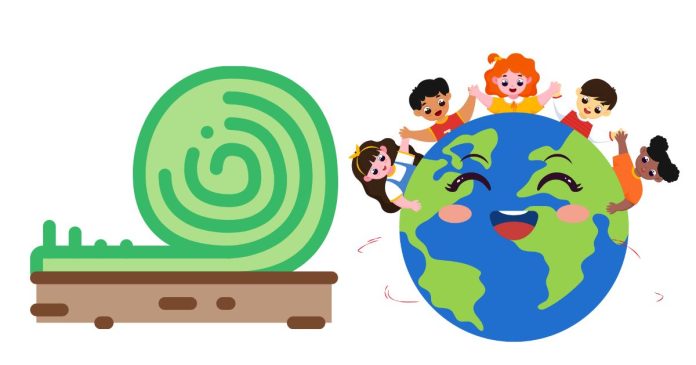The question of whether “earth” rhymes with “turf” might seem simple at first glance, but it actually dives into the intricacies of language, accents, and pronunciation. Let’s break it down and explore whether these two words can be considered rhyming.
What Makes Words Rhyme?
Rhyming occurs when two or more words have the same or similar ending sounds. For example:
- Cat rhymes with hat.
- Sing rhymes with ring.
The key factor is the similarity in vowel and ending consonant sounds.
The Pronunciation of “Earth” and “Turf”
To determine if “earth” rhymes with “turf,” we need to examine their sounds:
- Earth: Pronounced as /ɜːrθ/ (in General American English) or /ɜːθ/ (in British English).
- Turf: Pronounced as /tɜːrf/ (General American) or /tɜːf/ (British English).
Do They Rhyme?
While “earth” and “turf” share a similar vowel sound (/ɜːr/ or /ɜː/), their final consonants differ:
- “Earth” ends with a “th” sound (/θ/), which is soft and airy.
- “Turf” ends with an “f” sound (/f/), which is sharper and more distinct.
Because of this difference, most would agree that “earth” and “turf” do not rhyme in a strict sense.
Accents and Dialects Matter
However, accents and regional dialects can influence how these words are pronounced. For example:
- In some accents, the “th” sound in “earth” may be pronounced more like a hard “f” sound, making the words sound more alike.
- Conversely, in accents that emphasize the “th,” the difference becomes more pronounced.
This variability means that in certain regions or informal speech, “earth” and “turf” might sound close enough to rhyme for some people.
A Near-Rhyme
Even though “earth” and “turf” don’t perfectly rhyme, they fall under the category of a near-rhyme (or slant rhyme). Near-rhymes occur when words have similar sounds but don’t match exactly.
Strictly speaking, “earth” does not rhyme with “turf” because of the differing final consonants. However, depending on accents and individual pronunciation, they might be considered near-rhymes. Language is a flexible tool, and how words rhyme can sometimes be subjective!


